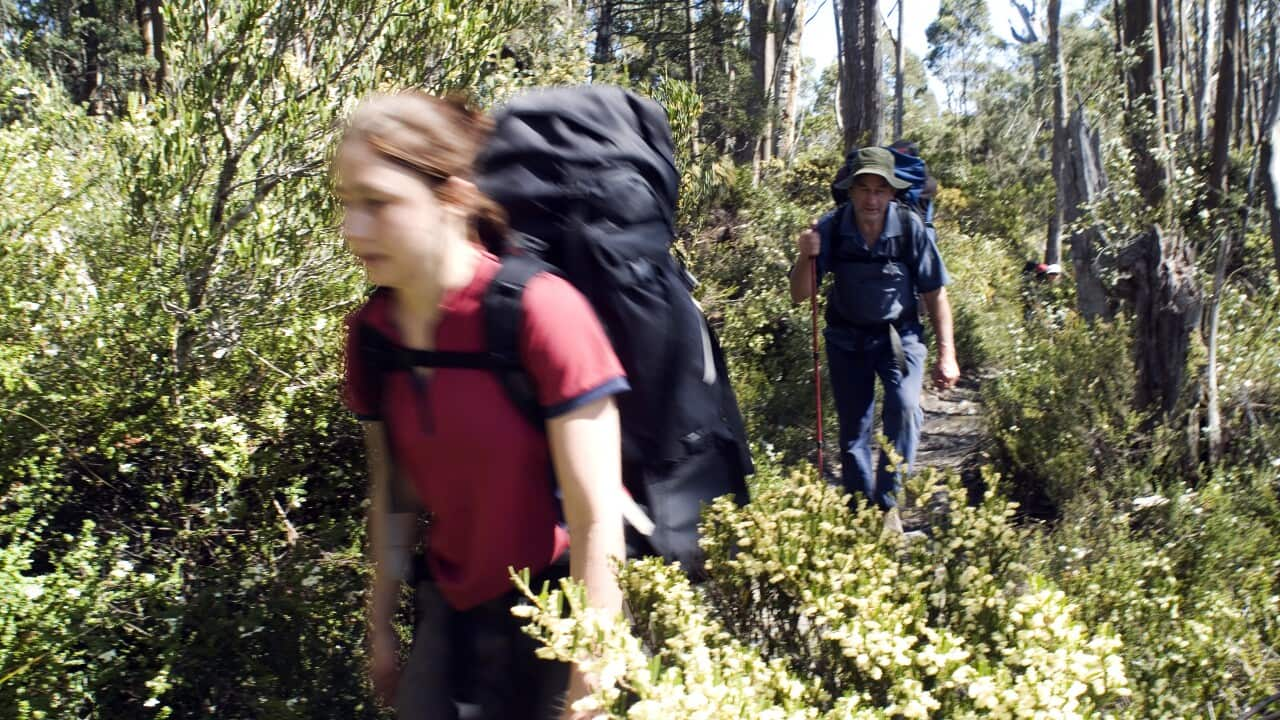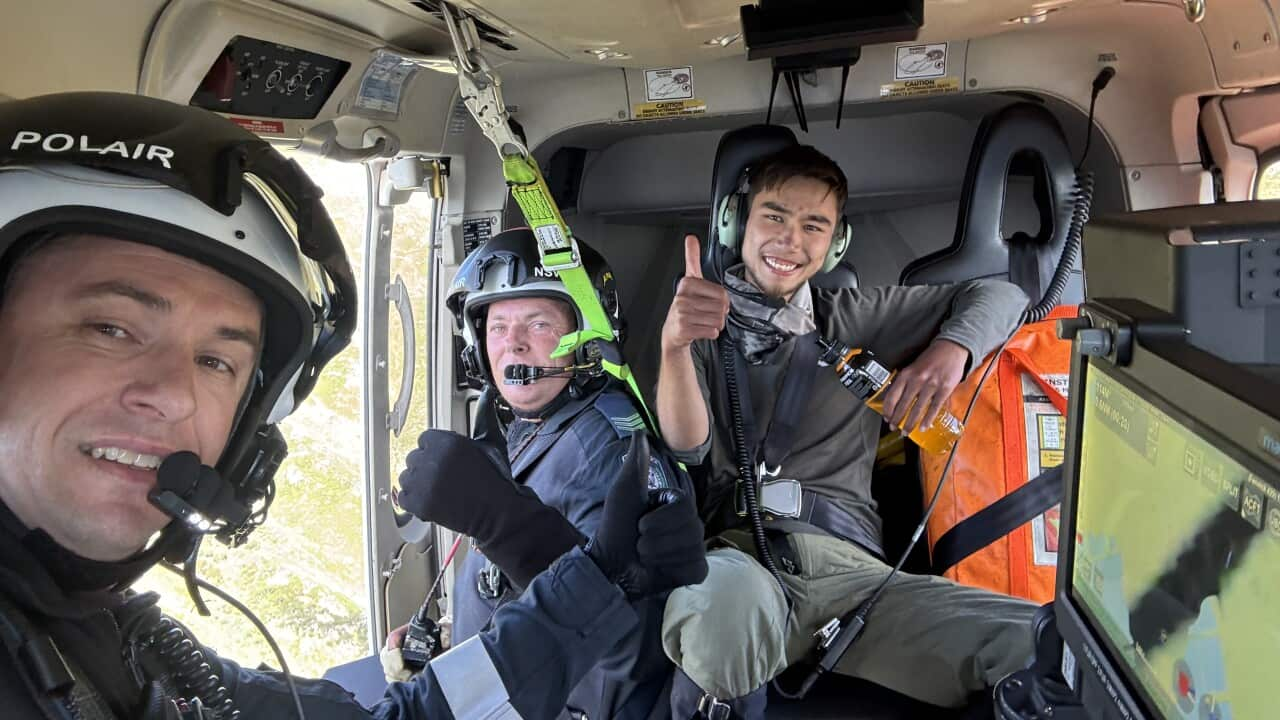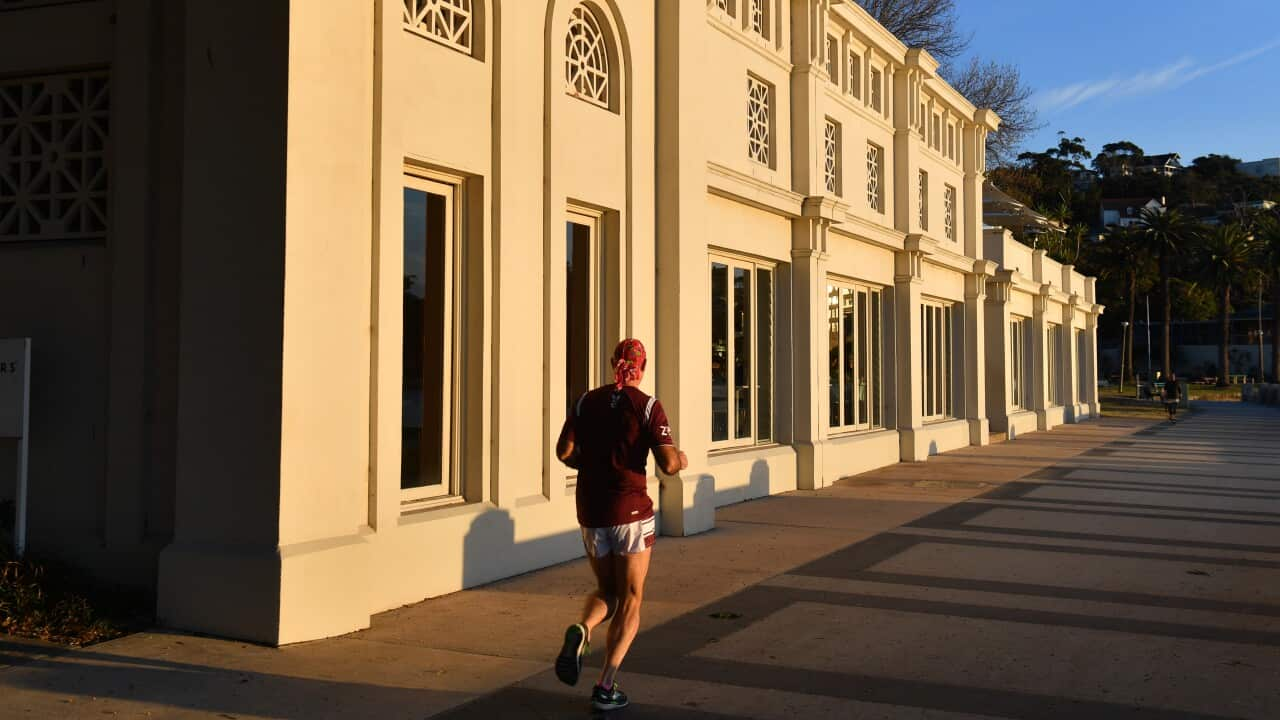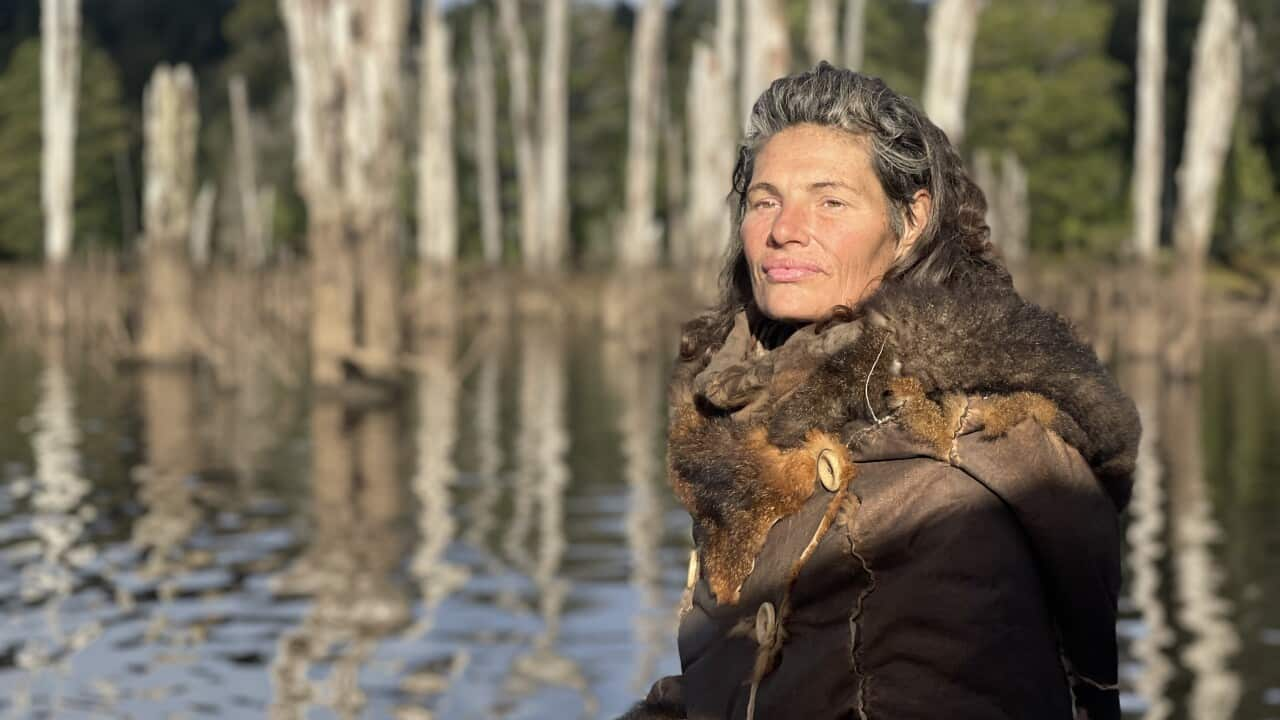Bushwalking is one of Australia's most beloved pastimes.
But while soaking up the sounds of nature and savouring some fresh air can be euphoric, things can go bad in the blink of an eye.
Whether you've decided to explore a new track without adequate preparation or turned left when you should've gone right, it's easy to get lost in the Australian bush.
And if you do, it can be deadly.
This week, 23-year-old Hadi Nazari was rescued after being stranded for two weeks while bushwalking in NSW's Kosciuszko National Park.
Emergency authorities and bush survival experts said they were impressed by Nazari's resilience and strategies for surviving in the bushland.
Being prepared and knowing what to do when lost can be the difference between death and survival, according to such experts.
These are their key tips.
Retain mental resilience
Someone who knows plenty about how to survive in the bush is Gina Chick, who won the inaugural season of Alone Australia after a staggering 67 days in Tasmania's wilderness.
Chick said mental resilience is perhaps the key factor affecting a person's survival ability.
"Apart from the physical skills, what happens when people get lost in the bush is a very sort of primal panic takes over. And we see highly intelligent people will suddenly just start running with no idea where they're going in a panic into the bush and get themselves into real strife."
"Being lost, if you've never been lost — it can be the most discombobulating thing. So it sounds like [Hadi's] managed that because he's done some very sensible things."
Another Alone Australia contestant, Rick J Petersen, agrees that mental strength is essential to survival if one is lost in the bush.
"You could be equipped with all of the fancy survival gear you like, but if your attitude [is one] of giving up or quitting within the first couple of nights of no shelter ... none of the other equipment is good," said Petersen, who is a bushcraft and survival instructor based in Queensland.
It can take just minutes to become lost
It can be only a matter of minutes before someone finds themselves separated from a group and disorientated, said Peterson, who competed in the second season of Alone Australia.
"It's a simple thing of leaving a group. And it might be that you've left your backpack with the group, you're just walking in to take a photograph, [and you] get disorientated.
"Before you know it, your circumstances are very different."
If you realise you're lost, stop walking
If you realise you're lost, it can be tempting to walk around to try and get your bearings. But according to experts, this is one of the biggest mistakes you could make.
"In most cases, the best advice is as soon as you realise you're lost, stop — because you are then closest to the last known point," search and rescue specialist Paul Luckin told AAP.
"You stand a much better chance of being found and a much better chance of being found early."
Walking and trying to find your way out when you're lost can actually worsen your chances of survival, Petersen added.
"As soon as you get to the point where you realise: 'This is not making sense, I don't know where I am' — don't keep walking," he said.
"It can end up being the difference between people standing around your gravesite and people finding you returning home with a heartbeat.
"If you're lost, don't keep walking."
Don't be afraid to call for help
NSW SES Bush Search and Rescue deputy unit commander Caro Ryan was part of Hadi's massive search operation, which involved hundreds of emergency workers.
She said that, if you're worried you're in trouble, don't be afraid or embarrassed to call for help.
"Everyone's choices and decisions are going to be different, but the big number one thing is, if you need to call for help, call for help.
"In fact, a great quote I heard from Sergeant Dal Atkinson up here in the Blue Mountains was: 'If you think you need to call for help, you probably do', and there is no shame and there is no embarrassment in doing that."
Familiarise yourself with the terrain
Those setting off to a remote area should also familiarise themselves with the terrain, and bring maps and personal locator beacons.
"They are now so inexpensive and so good that anybody who goes out into the wilderness, every single person, should be carrying a personal locator beacon with them," Luckin said.
Beacons cost around $300 to $400 and can be hired for free in some national parks.
Don't try and fight the elements
In situations like Hadi's, there are some basic decisions that can increase the chance of survival. One of these is considering the elements.
"Whatever his biggest threat was, if it's the heat, then get out of the heat. If it's needing water, then address that priority with the acquisition of water," Petersen said.
LISTEN TO
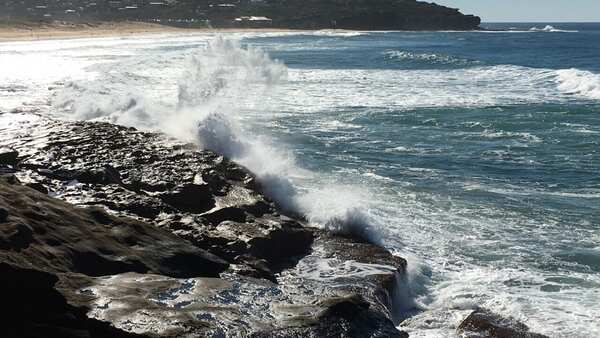
Hypothermia: can be quick, and deadly
SBS News
28/06/202306:18
Chick agreed that there's an important order of priorities, and food is much lower down on the list than most people realise.
"In the lineages that I've been taught in, the order of survival is you need shelter first, because you're going to die fastest without shelter," she said.
"Hypothermia can kill you in three hours. You need water because in three days without water, you're cactus – you're dead. You need fire or warmth, a way of keeping your calories up, a way of keeping yourself warm."
"Food is the very last thing on the list," she said.
"It's funny because people think of food first and I've heard conversations around out and about people saying, 'Oh my goodness, [Hadi] went two weeks without food.'"
"It's amazing how long we can actually survive without food. I think I went for about three weeks on Alone before I had my first food."
Don't go alone
Ryan said going out with friends instead of alone can increase your chances of survival if everything goes pear-shaped.
"When you do go out on a bushwalk or hike, you can be so focused on wanting to get out in the bush, or wanting to be hanging out with mates. One thing, always go out with friends, go out with other people."

The multi-agency search for Hadi Nazari involved hundreds of people, including volunteers and some of the missing hiker's friends and family. Credit: NSW State Emergency Service
Remember: TREK
It's imperative to plan properly before heading out, Ryan said.
"It's so easy to skip over that really essential planning and preparation phase. It sounds all a bit boring really, but actually it's the stuff that sets you up not only just to keep you safe, but to give you a great time in the bush."
Ryan said a helpful acronym can help you if you're ever in a sticky situation in the bush: TREK.
- T: Take what you need. In particular, food, water, warm layers and a first aid kit.
- R: The 'R' stands for 'register your intentions', or in other words, tell someone where you are going.
- E: 'E' stands for emergency communication, or ensuring you have a device that allows you to contact emergency services.
- K: The 'K' stands for 'know your route', and ensure you plan your hike according to your skill level.
